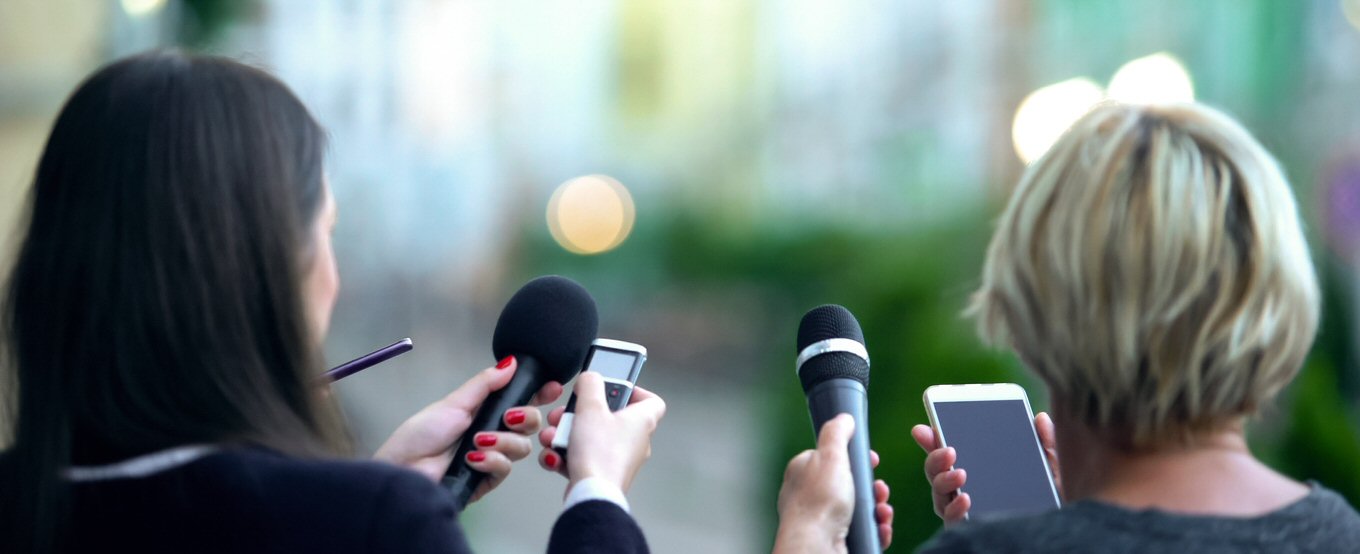Commission to Reimagine the Future of NY Courts Public Hearing on Pandemic Practices
New York City Bar Association
42 W. 44th Street
New York, NY 10036
Hearing Date: October 31, 2022
Testimony by: Women’s Bar Association of the State of New York
Presented by: Deborah G. Rosenthal, President
Good morning. Thank you for the opportunity to testify before this Commission today. Thank you to the distinguished panelists.
My name is Deborah Rosenthal. I am the President of the Women’s Bar Association of the State of New York, otherwise known as WBASNY. The testimony that I am about to give is a summary of our full, written testimony, which will be provided to the Commission. This testimony is based upon comments that we received from our chapters, our committees and individual members.
WBASNY is the second-largest statewide Bar Association in the State of New York and the largest women’s organization in the nation, with nearly 4000 members representing 20 regional chapters throughout the State.
WBASNY has a long-standing role in making life better for all New Yorkers in furtherance of its mission to promote the advancement of the status of women in the legal profession and the fair and equal administration of justice. WBASNY continues to act as a unified voice for our members with respect to issues of statewide, national and international significance to women generally, and to women attorneys in particular.
It goes without saying that women have historically taken on the burden of caregiving responsibilities and other household demands, as well as the physical burden of reproduction. For this reason, the pandemic disproportionately affected women and minority attorneys. Forcing many to make impossible choices with respect to maintaining a career while also balancing responsibilities at home.
Taking these factors into consideration, WBASNY members have found virtual appearances and electronic submissions to be a much more efficient way to practice law. Virtual appearances help to provide for greater work-life balance. Indeed, there was not a chapter, committee or single member who sent us comments that advocated for the return to pre-COVID, in-person practices.
Some of our members recommended that virtual appearances only be held for specific proceedings, such as, pre-trial conferences, calendar calls on motions, and settlement conferences. Our members also suggested that trials, guardianship hearings, and other hearings with at-risk or vulnerable individuals be held in person, depending on the circumstances. Additionally, our members opined that by maintaining certain in-person appearances, less-experienced female attorneys will be provided with opportunities to learn, observe and train in the practice of law, as well as gain vital practical experience and connections with other attorneys.
WBASNY members have also identified several health and work-life balance benefits to virtual practice. Virtual practice helps reduce the physical toll on attorneys who have heavy caseloads in multiple venues over a broad geographic area. This is even more significant in rural counties, where panel attorneys often practice in several counties. Virtual appearances enable them to appear in different counties on the same day, rather than spending several hours travelling. Eliminating the need to travel from court-to-court results in a less frantic and stressed work environment. It has also enabled women attorneys to spend more time with family, deal with child-care issues, take proactive steps toward starting a family and address any medical issues.
For clients, virtual practice provides similar benefits and is a much more convenient and less stressful way to appear. In lieu of taking time off from work and arranging for childcare and transportation, clients can appear during their workday on their phones or computers, lessening their costs and any related challenges associated with physical appearances. With respect to treatment courts, virtual practice has reduced the number of repeat offenders, since defendants no longer need to drive to court to appear, often while under the influence.
Notwithstanding these benefits to virtual practice, WBASNY members have identified some potential drawbacks. Specifically, WBASNY members were particularly concerned with the lack of uniformity in virtual court practice and procedures by court. In some cases individual parts within the same court have completely different practices. WBASNY members further expressed the importance of maintaining the integrity of the court process and recommended that OCA ensure that all persons can actually be heard during the appearance, that testimony is correctly recorded or transcribed, and that the recording or transcription can be corrected.
WBASNY members also raised concerns about access to reliable mobile and internet service, as well as the importance of litigants being able to fully participate in a virtual environment. It was suggested that counsel and litigants be allowed to call in, rather than appear on camera if Wi-Fi is unavailable. Further, courts should consider establishing internet access points in public spaces to assist those with access issues, as well as in-court kiosks, a virtual hearing room and/or other accommodations at the courthouse for those with access issues, particularly in rural areas.
From a technical standpoint, OCA should provide knowledgeable technology personnel during virtual proceedings to solve any glitches and technical queries that arise. TEAMS should allow for breakout rooms, a feature that is crucial for settlement conferences.
Overall, WBASNY members find that virtual appearances and electronic submissions have improved the efficiency of practice, thereby benefitting clients. WBASNY recommends that courts consider establishing more uniform and consistent practices among various courts, counties, and judicial districts to avoid confusion to attorneys and litigants. This may need to be done by practice area and court jurisdiction, as some practices may be more effective in one type of proceeding and less effective in another proceeding.
I hope that this information is helpful to the Commission when it is considering what we have learned from the Covid-19 pandemic. We look forward to sending you our full, written testimony.
Thank you for your time this morning. Enjoy the rest of your day.

